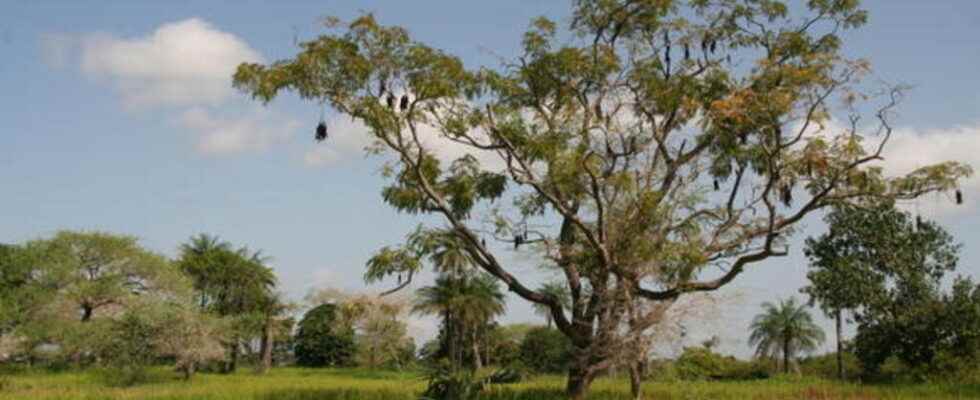In The Gambia, the government bans all timber exports. A strong measure to try once again to prevent rare woods – and in particular rosewood – from being illegally transported from Casamance, to neighboring Senegal. This species in high demand in China is at the heart of the conflict in Casamance since it finances the separatists of the MFDC. But the new ban is greeted with skepticism on the side of associations.
With our correspondent in Banjul, Milan Berckmans
Last Friday, the Gambian government announced it in a press release: no more question of making take a single log out of the country until further notice. A firm measure that the Minister of the Environment Rohey John-Manjang, justifies by the need for a more precise legal framework:
” The ban is intended to legalize, or better control, the illegal sales and exports of rosewood that are being seized internationally at this time. »
On the civil society side, the announcement is considered encouraging, but previous bans call for caution. ” It’s progress, but at the same time, how can we be sure that it will be a real long-term solution?asks Maimuna Jabbie, of the NGO Green Up Gambia. Because we see that some officials are involved in the export of wood, and the bans come, and then after a while the business resumes normally. »
The Minister of the Environment, she recognizes the mistakes of the past, and points out the enormous challenge that this international traffic represents: “ As I said, a lot of things have happened in the past. Of course, there were flaws. This timber trade, we all know it’s international, it’s a very powerful chain, it’s like a drug cartel, it’s very difficult to stop it. But we have to be strategic, see the challenges and put in place measures that will allow us to achieve what we want as a nation. »
According to a 2020 Environmental Investigation Agency report, since the last ban in 2017, China has declared over 300,000 tons of rosewood exported from Gambia.
